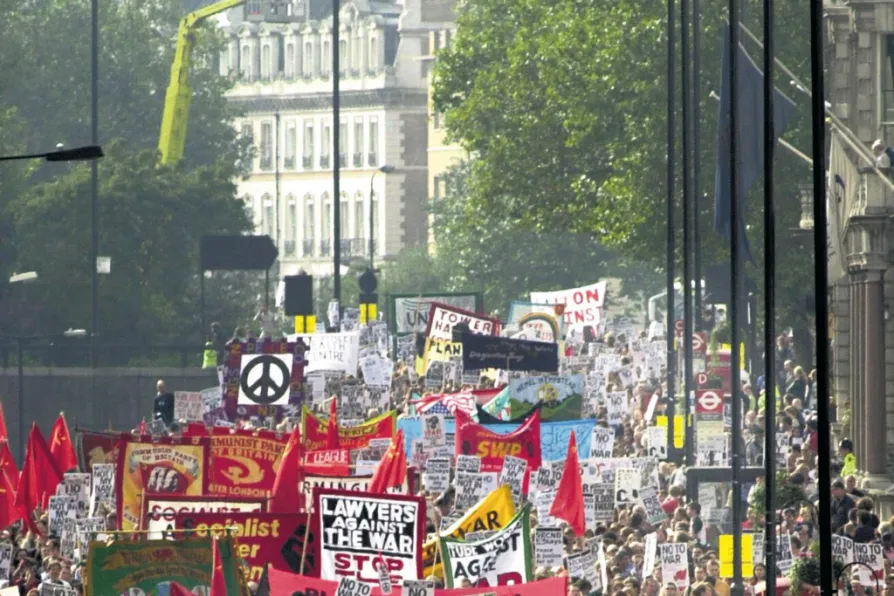As Colombia approaches presidential elections next year, the US decision to decertify the country in the war on drugs plays into the hands of its allies on the political right, writes NICK MacWILLIAM

 The anti-war movement of the noughties held record-breaking protests
The anti-war movement of the noughties held record-breaking protests
ON Saturday October 20, as many as 700,000 people marched in central London on the issue of Brexit.
The march was headlined about being around a People’s Vote on the terms of Brexit, but it’s clear that numbers of participants including Lib Dems and hard-line anti-Brexit New Labour supporters simply wanted another referendum so that people who voted the “wrong” way last time can have another ago.
That doesn’t strike me as being either liberal or democratic, but the march also raised some wider points.

In 1981, towering figure for the British left Tony Benn came a whisker away from victory, laying the way for a wave of left-wing Labour Party members, MPs and activism — all traces of which are now almost entirely purged by Starmer, writes KEITH FLETT

Who you ask and how you ask matter, as does why you are asking — the history of opinion polls shows they are as much about creating opinions as they are about recording them, writes socialist historian KEITH FLETT

KEITH FLETT revisits debates about the name and structure of proposed working-class parties in the past

The summer saw the co-founders of modern communism travelling from Ramsgate to Neuenahr to Scotland in search of good weather, good health and good newspapers in the reading rooms, writes KEITH FLETT














